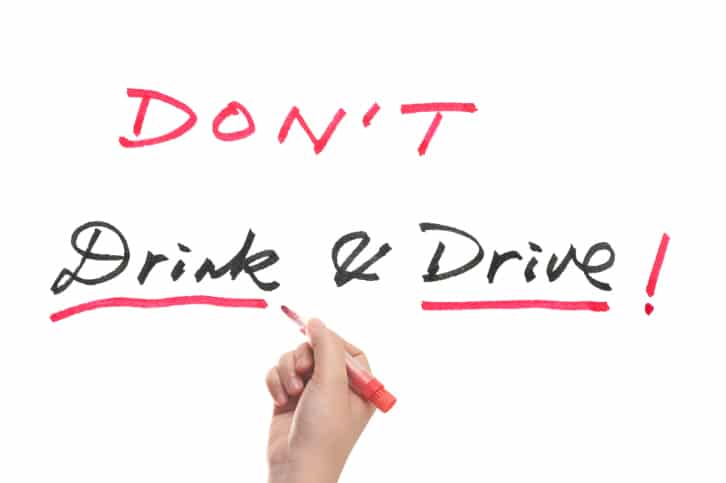Understanding what makes for a legal DUI sobriety checkpoint can help you protect your rights when faced with DUI charges

Seven Important Factors
The courts have focused on the following seven elements when evaluating the legality of DUI sobriety checkpoints:
1. The checkpoint must be designed and organized by supervisory level (i.e., senior management) law enforcement officers, not routine patrol officers.
2. The checkpoint must be sufficiently publicized in advance of the checkpoint. This can be done through newspaper announcements, posted bulletins, temporary road signage, public service announcements, website postings, and other media.
3. A neutral criteria (every third car, fifth car, etc.) must be used to determine which drivers to check. The neutral criteria can be changed depending on volume of traffic, backlog, etc.However, completely random stops may not be conducted.
4. The checkpoint must be highly visible and clearly marked, with official police vehicles, lights, signs and other indicia that it is being conducted by official law enforcement personnel.
5. The checkpoint must be run at a reasonable time of day and last for a certain duration that is also reasonable, with an emphasis on running the checkpoint so that it will be as effective as possible.
6. The checkpoint’s location must be chosen by policymaking officials rather than officers in the field. Roads should be chosen based on their high incidence of alcohol-related accidents and/or arrests.
7. The checkpoint must be conducted in such a way as to minimize the average time each motorist is detained. This ensures that the intrusiveness of the stop on the individual driver is as minimal as possible and also provides foroverall road safety to be maintained by avoiding traffic tie-ups.
What to Do if Guidelines Were Violated Prior to Your Arrest
If you have been arrested for a DUI at a sobriety checkpoint, call Chambers Law Firm for a free consultation concerning whether your arrest was legal and whether the checkpoint was operated within these guidelines. If your arrest was illegal, a motion can be filed to suppress the evidence against you, which could result in a possible dismissal of your DUI case.




